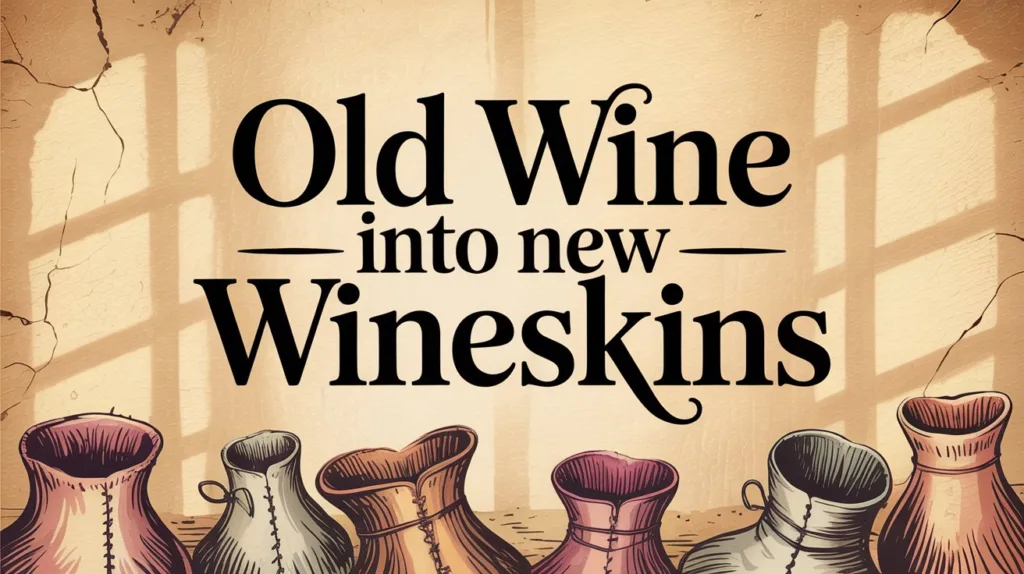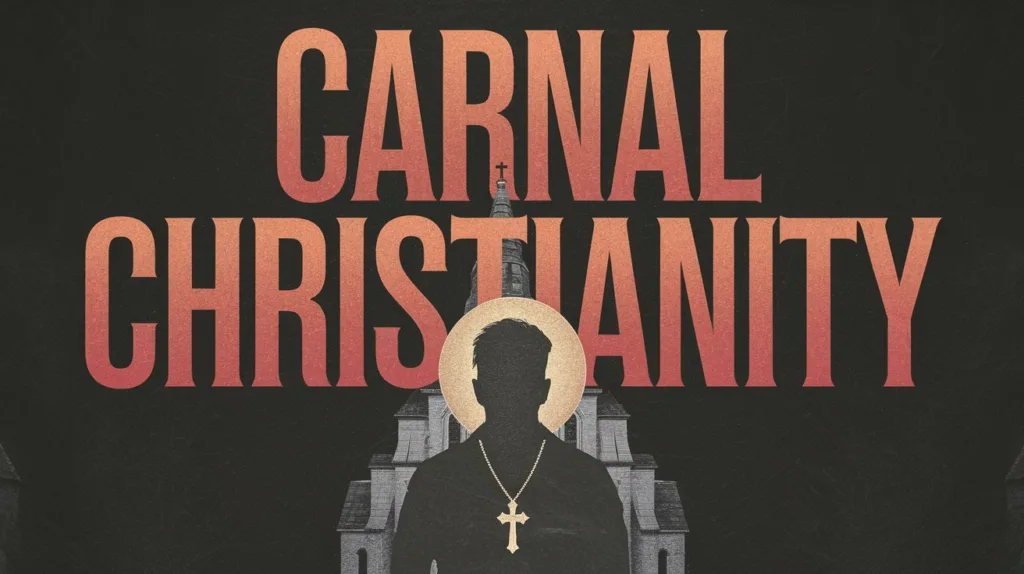Habakkuk was a prophet of God, but unlike many other prophets, he does not deliver messages to the people of Israel; rather, his book is a conversation between himself and God. His name, “Habakkuk,” means “embracer” or “one who clings,” which is fitting given the central theme of his book: faith that clings to God in times of confusion and turmoil.
The exact details of his background are unknown, but based on his writing, it is likely that he was a priest or a temple prophet. He is unique among the prophets in that he openly questions God’s justice and ways, which shows the deeply personal and heartfelt nature of his prophetic ministry.
Where and When Did He Live?
Habakkuk lived in Judah during the late seventh century B.C., just before the Babylonian invasion and the destruction of Jerusalem in 586 B.C. He likely prophesied during the reign of King Jehoiakim (609–598 B.C.), a time of great moral and spiritual decay in Judah.
The Assyrian Empire had fallen, and Babylon was rising in power. Judah was filled with corruption, violence, and idolatry, and Habakkuk was deeply troubled by the evil that seemed to go unpunished. Unlike prophets like Isaiah or Jeremiah, who addressed the people directly, Habakkuk took his concerns straight to God, asking the difficult questions: Why does God allow evil? Why does He tolerate injustice?
The Authority of God
Habakkuk begins his book with a bold question:
“O Lord, how long shall I cry, And You will not hear? Even cry out to You, ‘Violence!’ And You will not save?” (Habakkuk 1:2).
He looks around at the wickedness in Judah—violence, corruption, and injustice—and wonders why God seems silent. God answers him with a surprising response:
“Look among the nations and watch—Be utterly astounded! For I will work a work in your days which you would not believe, though it were told you.” (Habakkuk 1:5).
God is not ignoring the sins of Judah; He is preparing to use Babylon as an instrument of judgment. However, this raises another question for Habakkuk: Why would God use an even more wicked nation to punish Judah? God responds by reminding Habakkuk that Babylon, too, will be judged in due time. He declares:
“Because you have plundered many nations, all the remnant of the people shall plunder you.” (Habakkuk 2:8).
Through this dialogue, Habakkuk comes to realize that God’s authority extends over all nations, and He allows things to unfold in His time, according to His perfect wisdom. Even when evil seems unchecked, God is still at work, ensuring that justice will come.
The Just Shall Live by Faith
At the heart of God’s response to Habakkuk is this foundational truth:
“Behold the proud, His soul is not upright in him; But the just shall live by his faith.” (Habakkuk 2:4).
This verse is key to understanding the book of Habakkuk. The Babylonians, though powerful, are puffed up with pride, trusting in their own strength. But God’s people are called to something different; they are called to live by faith. This means trusting God even when His plan is not fully revealed, even when things look bleak, and even when judgment is coming.
Habakkuk later demons/”>demonstrates this faith in his prayer in chapter 3. He acknowledges God’s past works:
“O Lord, I have heard Your speech and was afraid; O Lord, revive Your work in the midst of the years! In the midst of the years make it known; In wrath remember mercy.” (Habakkuk 3:2).
This shift in Habakkuk’s perspective (from questioning God to trusting Him) is the journey of faith we are all called to walk.
God’s Judgment on the Wicked
While Habakkuk is disturbed by the rise of Babylon, God assures him that their wickedness will not go unpunished. In Habakkuk 2, God pronounces five “woes” against Babylon:
Woe to the greedy – “Woe to him who increases What is not his—how long? And to him who loads himself with many pledges?”
(Habakkuk 2:6). Babylon amassed wealth through unjust gain, but their riches would one day be taken from them.
Woe to the unjust – “Woe to him who covets evil gain for his house, That he may set his nest on high, That he may be delivered from the power of disaster!” (Habakkuk 2:9).
Babylon built its empire through oppression, but its high towers would crumble.
Woe to the violent – “Woe to him who builds a town with bloodshed, Who establishes a city by iniquity!” (Habakkuk 2:12).
The Babylonians glorified war and conquest, but their own destruction was certain.
Woe to the immoral – “Woe to him who gives drink to his neighbor, Pressing him to your bottle, Even to make him drunk, That you may look on his nakedness!” (Habakkuk 2:15).
Babylon was full of debauchery and corruption, but their shame would be exposed.
Woe to the idolaters – “Woe to him who says to wood, ‘Awake!’ To silent stone, ‘Arise! It shall teach!’” But the Lord is in His holy temple. Let all the earth keep silence before Him.” (Habakkuk 2:19-20).
The Babylonians trusted in false gods, but only the one true God has power over all. These judgments make it clear: no nation, no matter how powerful, can escape the justice of God. Evil will not reign forever.
A Call to Worship in the Midst of Trouble
Despite all of his questions and struggles, Habakkuk ends his book with a powerful declaration of faith:
“Though the fig tree may not blossom, Nor fruit be on the vines; Though the labor of the olive may fail, And the fields yield no food; Though the flock may be cut off from the fold, And there be no herd in the stalls—Yet I will rejoice in the Lord, I will joy in the God of my salvation.” (Habakkuk 3:17-18)
This passage is one of the most beautiful statements of trust in the entire Bible. Even when everything is falling apart (when there is no food, no prosperity, and no sign of relief), Habakkuk chooses to rejoice in God. His circumstances have not changed, but his heart has. He has learned that faith is not about having all the answers; it is about trusting God no matter what.
His final words show this confidence:
“The Lord God is my strength; He will make my feet like deer’s feet, And He will make me walk on my high hills.” (Habakkuk 3:19).
Just as a deer walks sure-footed on treacherous terrain, God will enable His people to stand firm in difficult times.
References to Habakkuk in Other Books of the Bible
Romans 1:17
“For in it the righteousness of God is revealed from faith to faith; as it is written, ‘The just shall live by faith.'”
Paul uses Habakkuk’s words to emphasize that salvation comes through faith, not works.
Galatians 3:11
“But that no one is justified by the law in the sight of God is evident, for ‘the just shall live by faith.'”
Again, Paul uses Habakkuk’s words to confirm that righteousness is by faith alone.
Hebrews 10:38
“Now the just shall live by faith; But if anyone draws back, My soul has no pleasure in him.”
This passage connects faith with endurance, urging believers to hold fast to God even in difficult times.
Acts 13:40-41
Paul references Habakkuk 1:5 when warning the Jews in Antioch:
“Beware therefore, lest what has been spoken in the prophets come upon you: ‘Behold, you despisers, Marvel and perish! For I work a work in your days, A work which you will by no means believe, Though one were to declare it to you.'”
Paul applies Habakkuk’s warning to those who reject Christ.
My Final Thoughts
Habakkuk teaches us one of the greatest lessons of faith: trusting God even when we do not understand His ways. The prophet moves from doubt to trust, from questioning to worship. His final words in Habakkuk 3:17-19 remind us that true faith does not depend on circumstances, but on the unchanging character of God.
In a world filled with injustice and uncertainty, Habakkuk calls us to live by faith. We may not always understand God’s plans, but we can trust that He is in control. Just as Judah was judged and later restored, and just as Babylon fell as God promised, we can rest in the assurance that God is just and faithful.
If you are struggling with unanswered prayers, with the wickedness of the world, or with times of waiting, let the words of Habakkuk remind you: The just shall live by faith.





 Get the book that teaches you how to evangelize and disarm doctrines from every single major cult group today.
Get the book that teaches you how to evangelize and disarm doctrines from every single major cult group today.